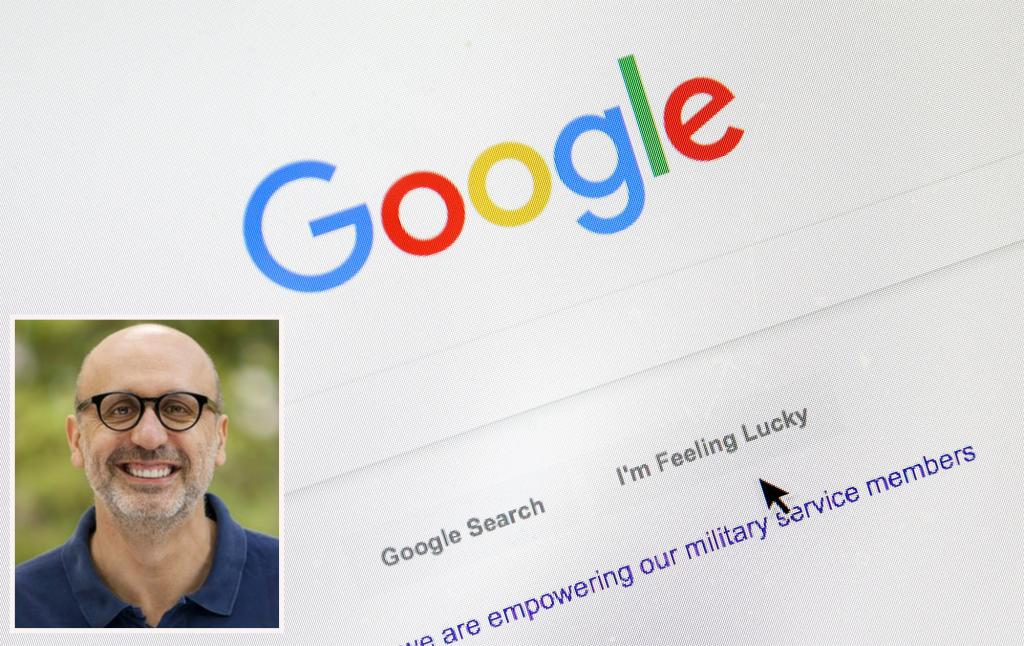Google fought hard to be the default search engine on smartphones and browsers so it “can manipulate your choices,” an expert on human behavior testified for the government at the closely watched antitrust trial Thursday.
Antonio Rangel, a behavioral economist and professor at the California Institute of Technology, took the stand for the second day and said Google has leaned heavily on default settings to keep users hooked on its search engine and other lucrative services.
“If I can move your eyes, if I can manipulate your fixations, I can manipulate your choices quite a bit,” Rangel said, according to Bloomberg.
Rangel highlighted the importance of default status for winning customers, stating that users generally stick with whatever browser is set as the default option on their computers and smartphones.
“Search engine defaults generate a sizable and robust bias towards the default,” Rangel said. “Defaults have a powerful impact on consumer decisions.”
Google attorneys fired back during cross-examination by reiterating their central argument that consumers choose its search engine due to its quality, not its default status on phones and browsers.
On Wednesday, Rangel discussed various instances in which Google’s actions demonstrated the importance of default settings to its bottom line, including one in which the company’s behavioral economics team generated “hundreds of millions of dollars in revenue” by adding a $10 minimum default spending setting for digital advertisers.
Rangel cited a 2015 email in which a Google employee warned that the loss of default status on Apple’s Safari browser would be a “code red” for the company.
“Our brand is in good standing among iPhone users…but our position is still very vulnerable if defaults were to change,” the email cited by Rangel said.
The Justice Department is arguing in a trial that began on Tuesday that the Alphabet unit sought agreements with mobile carriers to win powerful default positions on smartphones to dominate search.
The antitrust case – the largest of its kind in more than two decades – will ultimately hinge on whether Google is determined to have taken anticompetitive steps to cut off rivals while building its search behemoth.
In testimony on Wednesday, Rangel questioned Google’s argument that users could easily switch their default search engine, telling the court that he acquired an Android smartphone and found that it took 10 steps for the owner to switch Google for Microsoft’s Bing.
“That is considerable choice friction,” Rangel said.

Google lawyer John Schmidtlein cited a years-old internal Microsoft document regarding search engine use on early BlackBerry smartphones.
At the time, Verizon Blackberries came equipped with Microsoft’s Bing search engine as the default option, while T-Mobile’s devices used Yahoo and Sprint used Google. According to the document, the majority of users still opted to use Google the majority of the time.
For instance, users with Verizon Blackberries and Bing as their default search engine purportedly still used Google 91% of the time.
During the trial’s opening arguments, Justice Department attorneys said Google paid “more than $10 billion per year” to major companies, including smartphone makers Apple and Samsung, browser operators like Mozilla and wireless providers such as AT&T, to secure a 91% share of the search market.
On Wednesday, former Google executive Chris Barton, who worked on the company’s partnerships with major mobile carriers from 2004 to 2011, said the company was well aware of the power of default search setting and enlisted many executives to negotiate exclusive status with partners.

Barton said the company knew users would “difficult time finding or changing to Google” if Microsoft’s Bing service was their default search engine – though he added that other companies sought to employ the same tactic.
The case’s outcome won’t be determined by a jury. Instead, US District Judge Amit Mehta will reach a determination on the outcome.
If the DOJ is victorious, Mehta could order Google to be broken up or to discontinue specific business practices.
Regardless of its outcome, the case will have wide-ranging implications for Big Tech firms, including rivals such as Amazon and Apple, which have also faced scrutiny from federal regulators over their business practices.
With Post wires
Source




